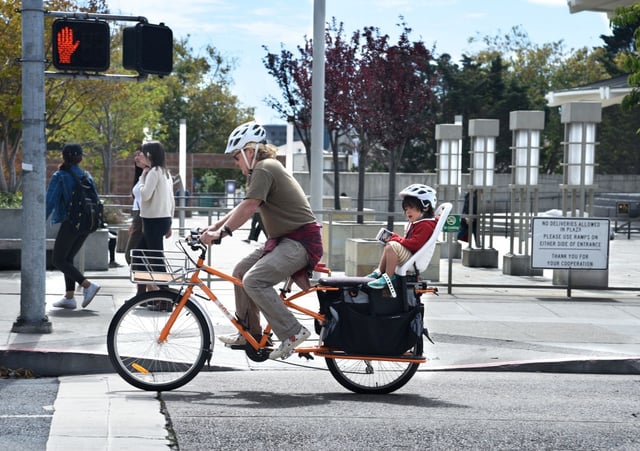Overview
- Choosing a bicycle for recent nonwork trips was associated with a 19% lower risk of all-cause dementia and a 22% lower risk of Alzheimer's disease compared with nonactive travel modes.
- The study assessed 479,723 adults in Great Britain with a median 13.1-year follow-up, during which 8,845 participants developed dementia and 3,956 developed Alzheimer's disease.
- Cycling and mixed-cycling were also linked with greater hippocampal volume on brain imaging, a region central to memory and learning.
- Risk reductions were larger among participants without the APOE ε4 genetic variant than among carriers.
- Authors and outside experts note limitations including self-reported travel mode, healthier baseline profiles among active travelers, limited diversity, and an unexpected pattern in which walking showed no overall dementia benefit and a higher Alzheimer's signal in this dataset.

